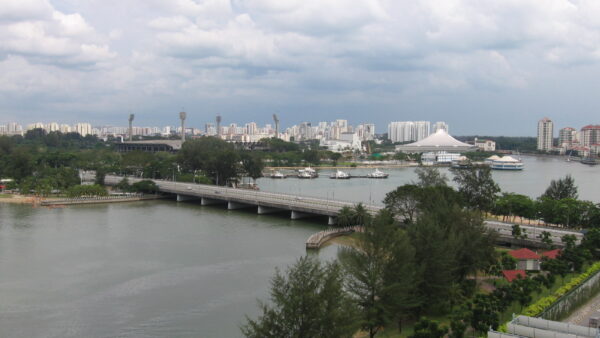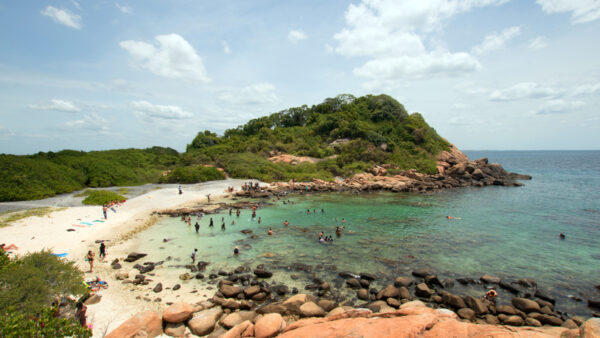Russia’s plan to build a new gas pipeline to Europe under the Black Sea via Turkey was in doubt last night after the Russian firm behind the scheme suddenly cancelled a contract with Italian engineer Saipem to lay the subsea pipes.
Saipem said it learned of the termination just as its large, floating pipe-laying vessel, the Castoro 6 (pictured), was mooring off the Russian coast to start work.
The decision by Russia’s South Stream Transport BV, wholly owned by state energy firm Gazprom, was due to “the impossibility of reaching agreement on many working and commercial issues in the implementation of the Turkish Stream project,” the Russian company was reported to have said in a statement.
Saipem is reported to be owed $300m for the time the Castoro 6 and another vessel lay idle during the South Stream suspension–
South Stream Transport will start negotiating with other potential contractors “in the near future”, the statement said.
The cancellation will be a blow to Saipem, which reported a loss of $254m (€230m) in 2014. The company has been struggling with risky legacy contracts and said in February that a “significant part” of its revenues and margins depended on the South Stream contract.
The surprise move comes as Russia and Turkey failed last week to agree on the price of the gas Turkey is to receive through the so-called “Turkish Stream” pipeline.Â
Gazprom and its Turkish counterpart Botas had six months to agree on the price but that window lapsed on 29 June without agreement.
The Turkish Stream plan sees Russian natural gas piped under the Black Sea to Turkey and then onward to Europe through Greece.
It replaced an earlier plan, called South Stream, under which the pipeline would land at Burgas, Bulgaria. Russia cancelled South Stream in December 2014 in the face of opposition from the European Union.
Saipem had won a $2.2bn (€2bn) contract to build the first line of the 931-km South Stream pipeline in March 2014, and another $440m contract for supporting work the following month.
In May this year, amid the negotiations between Gazprom and Botas over the price of the gas to be supplied through Turkish stream, Gazprom instructed Saipem to begin construction, and the Castoro 6 (also known as Castoro Sei) began its journey under tow from Bulgaria to Anapa, on Russia’s Black Sea coast.
Saipem is reported to be owed $300m for the time the Castoro 6 and another vessel lay idle during the South Stream suspension.
Photograph: Saipem’s pipe-laying vessel, Castoro 6, at Burgas, Bulgaria in September 2014 (South Stream Transport BV)










